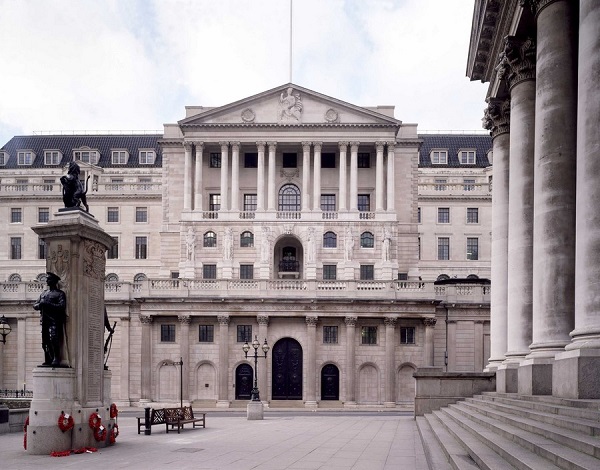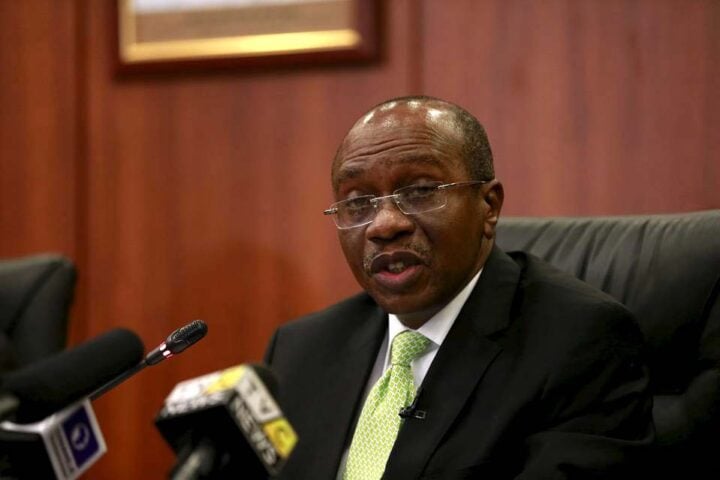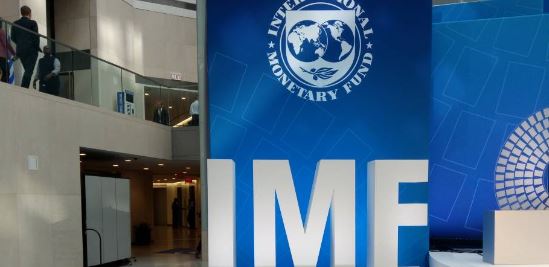The Bank of England (BoE) has raised its interest rates as it struggles with rising inflation and economic growth.
The bank’s monetary policy committee disclosed this in a statement on Thursday.
The interest rate was raised from 1 percent to 1.25 percent.
This would be the fourth rate hike this year.
Advertisement
Last month, BoE increased rates from 0.75 percent to 1 percent — making it the highest point in 13 years.
To ensure that the monetary policy meets the 2 percent inflation target, the BoE’s monetary policy committee (MPC) voted by a majority of six to three to increase the bank rate by 0.25 percentage points to help sustain growth and employment.
“The Bank of England’s monetary policy committee (MPC) sets monetary policy to meet the 2 percent inflation target, and in a way that helps to sustain growth and employment. At its meeting ending on 15 June 2022, the MPC voted by a majority of 6-3 to increase bank rate by 0.25 percentage points, to 1.25 percent. Those members in the minority preferred to increase bank rate by 0.5 percentage points, to 1.5 percent,” the statement reads.
Advertisement
“In the MPC’s central projections in the May monetary policy report, UK GDP growth was expected to slow sharply over the first half of the forecast period and, although the labour market was expected to tighten slightly further in the near term, the unemployment rate was projected to rise to 5½ percent in three years. CPI inflation was expected to average slightly over 10 percent at its peak in 2022 Q4.
“Conditioned on the rising market-implied path for bank rate at that time and the MPC’s forecasting convention for future energy prices, CPI inflation was projected to fall to a little above the 2 percent target in two years’ time, largely reflecting the waning influence of external factors, and to be well below the target in three years, mainly reflecting weaker domestic pressures. The risks to the inflation projection were judged to be skewed to the upside at these points.”
In the statement, the MPC said not all of the excess inflationary pressure can be traced to global events, adding that domestic factors such as a tight labour market and the pricing strategies of firms have also played a role.
It also projected an increase in the inflation rate in the next few months.
Advertisement
“Consumer services price inflation, which is more influenced by domestic costs than goods price inflation, has strengthened in recent months. In addition, core consumer goods price inflation is higher in the United Kingdom than in the euro area and in the United States,” the BoE added.
“CPI inflation is expected to be over 9 percent during the next few months and to rise to slightly above 11 percent in October. The increase in October reflects higher projected household energy prices following a prospective additional large increase in the office of gas and electricity markets (Ofgem) price cap.”
Meanwhile, the United Kingdom’s inflation rate had leapt to 9 percent in April from 7 percent in March, the highest in the past 40 years.
Advertisement
Add a comment






